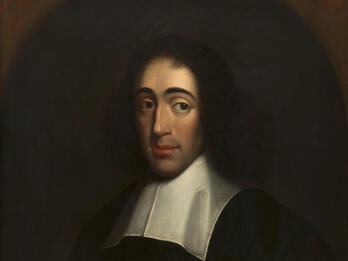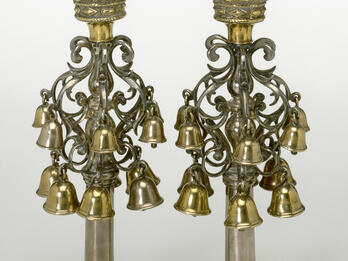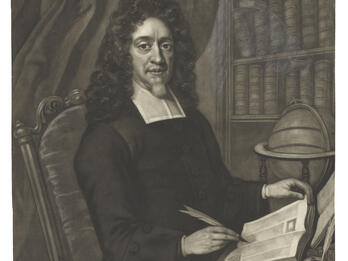Dod Mordekhay (Uncle of Mordechai)
Chapter 1: Mateh [Tribe of] Reuben
Before we write the answers to the wise man’s questions we will cite the questions he posed in his writings, so that the answers can be positioned opposite the questions, and thus the first answer will correspond to the first question and the last answer to the last one. They are as follows:
The first question, based on an examination of the answers given, can be divided into four parts.
Part 1: Whether the contemporary Karaites were included, in the Second Temple period, in the Sadducee sect, which denied the resurrection of the dead, as maintained by some Christian scholars, and that they eventually acknowledged the resurrection of the dead out of shame, so that they would not be considered heretics.
Part 2: Alternatively, was the Karaite sect a distinct sect of its own in the Second Temple period?
Part 3: A third possibility is that maintained by the talmudic sages, that it began in the days of Rav Anan, who disputed the authority of the nasi [prince], and wanted to be the nasi himself, and since they did not want to appoint him nasi, he went astray and rejected the Oral Law, and many people were drawn after him, leading to the formation of the Karaites (and this occurred after the completion of the Talmud).
Part 4: If you will contend that they were a separate cult in the Second Temple period, I wish to know the truth of the matter, whether this was indeed the case, through clear proofs and logical arguments, by means of various narrative accounts.
The second question: the Lord made certain Karaite books available to me, which I have read many times over and analyzed in depth. I found one letter which Rabbi Menaḥem the Karaite sent to Aquilas the proselyte, who was with R. Se‘adya Harabban, regarding the laws of ritual slaughter. He responded in verse, beginning with the following: “we have fulfilled your request; we have done that for which you wished to approach us.” I would like to know if this is the Aquila who translated the Torah into Greek during the reign of the Roman Emperor Hadrian, or whether “Aquilas the proselyte” is Onkelos the proselyte, who translated the Torah into Aramaic. Whatever answer you choose, you must do so honorably, by means of clear proofs and persuasive arguments.
The third question: God arranged for me to come into possession of a certain book that deals with ritual law and the halakhot of Sabbaths and festivals, in accordance with the Karaite laws and customs. It opens with “thus said Aaron, son of Elijah.” Please let me know if this is the work Moreh Aharon, which is mentioned in several places, or a different book, and when the author lived, and whether these are ancient laws that are accepted by you.
The fourth question: I wish to know whether the text of Scripture that you possess, that is, the Torah, Prophets, and Writings, is the same as the other texts of the rabbis, without any differences, or if there are any early or later discrepancies, regarding either the written text or the way it is to be pronounced. What is your opinion concerning the dots1—do they date back to the days of Moses, or Ezra, or were they inserted by the scholars of Tiberias after the completion of the Talmud, as maintained by some Jews and Christian scholars?
These are the main questions that the scholar asked; the answers to these questions are included in the subsequent chapters. As for the other written questions of the scholar, their answers will be given in a special letter to my master, although some of them will also be included in these chapters.
Now, let us attend, with the help of God, to the arrangement of the answers, corresponding to each respective question: [ . . . ]
Translated by
.
Notes
[Certain words in the Torah are traditionally written with dots above them; see, e.g., Deuteronomy 29:28.—Trans.]
Credits
Mordechai ben Nisan, “Dod Mordekhai (Uncle of Mordechai) (Hebrew)” (Manuscript, Kukizav, 17th or 18th Century). Published as: Mordecai ben Nisan, Dod Mordekhai (Ramlah: Ḥevrat “Hatslaḥah li-vene Mikra”,1966),18–19, 24–25.
Published in: The Posen Library of Jewish Culture and Civilization, vol. 5.





